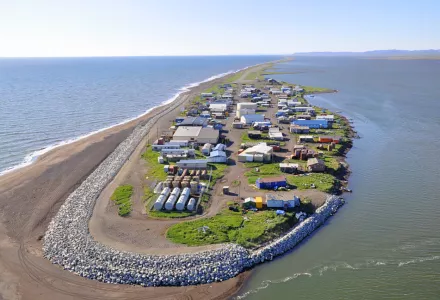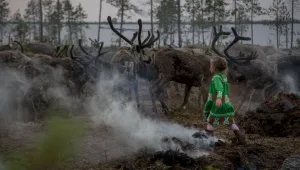
Abstract
Arctic Indigenous communities have faced, and overcome, threats to their lifestyles, livelihoods and communities for thousands of years and in doing so have maintained communities with deep cultural roots and close connections to the land on which they live. Modern Arctic Indigenous communities also face threats to their existence. These threats range from the environmental impacts of climate change forcing wholescale relocation of an entire village to noise from oil and gas exploration causing the relocation of the whale migration out of reach of hunters.
The article examines the concept of resilience and the role which governance can play in promoting the resilience of Arctic communities, and therefore their ability not only to survive but also to thrive. The article develops a theory of resilience, dividing types of resilience into in-situ and ex-situ resilience to allow the comparison of seemingly disparate examples. Through the use of a systematic comparative case analysis technique, the article explores the lessons which can be learned about the role of good governance in ensuring the promotion of resilience in Arctic communities in the future.
Westrate, Rachel and Sarah Mackie. “The Role of Governance in Promoting the Resilience of Arctic Communities.” The Yearbook of Polar Law, April 19, 2022
The full text of this publication is available via The Yearbook of Polar Law.



